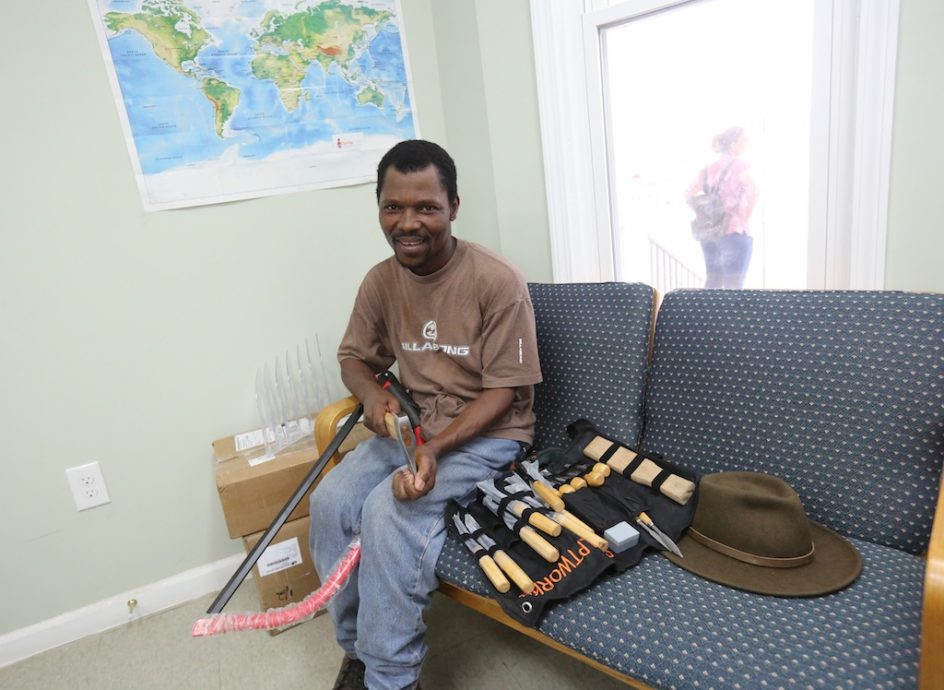
The story of the refugees is often forgotten. Like so many other things, if you haven’t experienced it you can’t really know it. The story of the refugee struggle is becoming somewhat better known as there are so many of them in the news.
Being a refugee is one of life’s great and most unnatural traumas. There are an estimated 65 million refugees in the world today, according to the United Nations. For all of their awful suffering, I know they are in many ways the lucky ones, they know it as well.
Refugees lost everything, from the shirts on their backs, to the world they have known. They lose their homes and the familiarity of daily life, wrote Hannah Arendt in her essay, We Refugees. They lose their occupation and craft, which means, she wrote losing the confidence that they are still of some use in the world.
“We lost our language,” she wrote, “which means the naturalness of reactions, the simplicity of gestures, the unaffected expression of feelings.” Their very private lives, she said, were ruptured.
This is just what happened to Mawulidi.
He is a serious man, not giving to expressions of emotion or smiling much. But his smile got very wide when he saw the wood carving kit I bought online.
Before I went to Albany, I stopped at our local hardware store and bought him a shiny axe and a wood saw.
Yesterday, a woman messaged me to say she was suspicious of the story of Devota and Mawulidi. How did I know, she wondered, that he really left his tools behind in Africa, and that Devota really did walk more nearly $2,500 miles across Central Africa to get to her refugee camp in Tasmania?
Perhaps I was just being used, she said, taken in. She suggested I investigate.
How empathetic, I wrote, not only do you deny these people the dignity of their loss and suffering, but you suggest we call the police on them as well. How did you get such a big heart, I wondered? She hugged off, I did not here from here again.
Perhaps we want and need to forget after all.
When Mawulidi left today, he turned to me, still smiling and thanked me for helping him to get his soul back, and the soul of his grandfather, who taught him how to carve.
Brother Francis told me he had missed the bus and had to walk a long way to get to our meeting. On my way home, I passed Muwaldi,standing on a corner, clutching his tools, axe and wood saw.
I believe I did see the soul coming back into Mawulidi’s face, which had showed me no emotion at all. Now, he couldn’t stop smiling. He instanly seemed taller, fulier, almost radiant. He would be honoring his grandfather’s wish once more, and would soon return to carving wood.
I saw hope come back into his eyes.
Happy I could help, I said, but I am the messenger, there are all those angels out there who really made it happen.
The work goes on. There are a lot of refugees working with RISSE, the refugee and immigrant support center of the Emmaus Church in Albany. The organization is quite poor, you can visit their website here. They help many people.
If you wish to contribute to my refugee work, you can send me a donation at Post Office Box 205, Cambridge, N.Y., 12816 or via paypal, [email protected]. The RISSE donations are tax-deductible.
